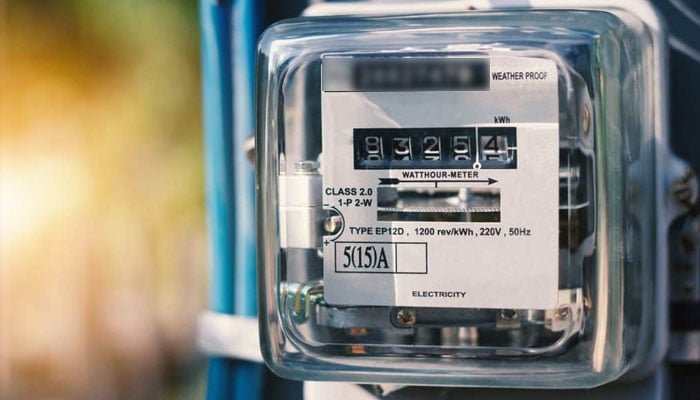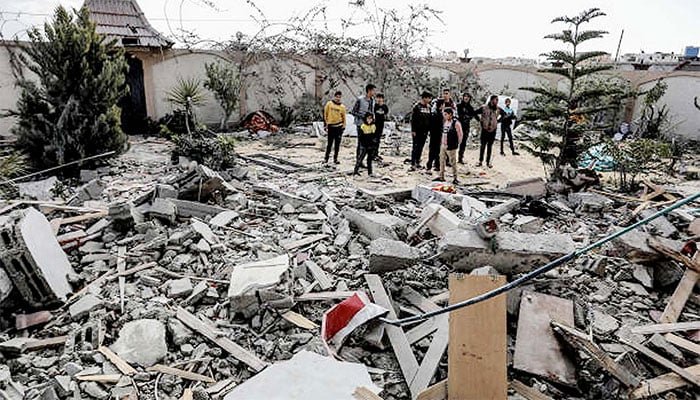The Central Power Purchasing Agency (CPPA) has submitted a request to raise electricity prices in Nepra, indicating the possibility of electricity becoming more expensive by Rs. 5 per unit for one month. The request is made in the context of fuel adjustment for February, with Nepra scheduled to hear the CPPA’s request on March 28.
If the request is approved, consumers may face a burden of over Rs. 40 billion. According to the CPPA’s request, during February, 6.876 million units of electricity were sold, with 24.77% generated from hydropower, 13.94% from local coal, and 1.89% from imported coal.
The request further outlines that during February, electricity generation from local gas accounted for 11.04%, imported LNG for 20.33%, and nuclear fuel for 23.29%.
It’s important to note that any approved increase in tariffs will not directly affect electric consumers. Instead, the burden of the increase will be absorbed by other entities within the electricity supply chain.
The request for an increase in electricity tariffs reflects the ongoing challenges faced by power generation companies in Pakistan. Fluctuating fuel prices, particularly for imported fuels such as LNG and coal, contribute to the volatility in electricity tariffs.
Raising electricity tariffs is often seen as a measure to ensure the financial sustainability of power generation companies and to cover the increasing costs of fuel procurement. However, such moves are typically met with resistance from consumers and various stakeholders due to the potential impact on household budgets and the overall cost of living.
The CPPA’s request for a tariff increase underscores the need for comprehensive energy policy reforms in Pakistan. Addressing issues related to fuel procurement, power generation efficiency, and tariff rationalization is essential for ensuring a stable and affordable electricity supply for consumers.
Moreover, there is a pressing need to explore alternative sources of energy, such as renewable energy, to reduce dependency on imported fuels and mitigate the impact of fuel price fluctuations on electricity tariffs.
The request for an increase in electricity tariffs by the CPPA highlights the complex challenges facing Pakistan’s energy sector. While such measures may be necessary to address immediate financial concerns, long-term solutions are needed to ensure sustainable and affordable electricity supply for consumers. Collaborative efforts between government agencies, regulators, power companies, and consumers are essential to navigate these challenges effectively and achieve a resilient energy infrastructure in Pakistan.



